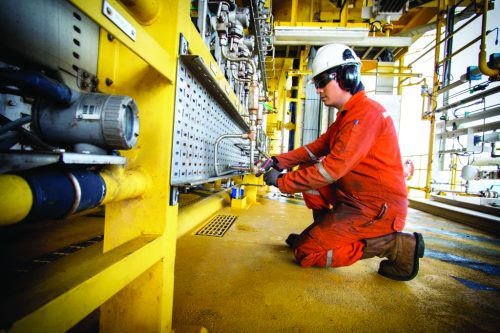The construction industry in Malta has undergone significant growth over the past decade, emerging as a vital pillar of the local economy.
The country’s current economic climate, with a thriving tourism sector, directly impacts the construction industry as it drives the overall economy forward.
The property market in Malta has witnessed a rise in promise of sale agreements in recent months, with January to April 2023 recording exceptional performance, which was outperformed only during the 2021 boost due to the government’s COVID-19 incentives.
This year’s numbers have been the best in recent years. The success of the industry is evident in the employment opportunities it provides, both directly and indirectly.
“The success of the industry is evident in the employment opportunities it provides”
The construction sector is directly responsible for an engorged range of jobs and careers, including builders, stone masons, electricians, M&E engineers, tilers, manufacturers of construction materials and products as well as importers, and so forth. These direct employments and engagements contribute to the industry’s growth and productivity. Furthermore, numerous indirect professionals, such as notaries, consultants, and auditors, also benefit from the industry’s activities.

The importance of the construction industry to the local economy cannot be overstated. It serves as a catalyst for economic growth and job creation, supporting a wide swathe of sectors and businesses. However, it is crucial to recognise that there is still room for improvement.
While the industry has seen enhancements in recent years, particularly in terms of quality, there is need for further progress, especially concerning the construction process es and final product quality.
“It serves as a catalyst for economic growth and job creation, supporting a wide swathe of sectors and businesses”
Apart from the efforts of the industry itself, the government also has a vital role to play in supporting the construction sector. The industry requires further capital investments in infrastructure, including water and electricity services, roads, and public transport, so as to ensure the industry’s continued growth.

While there have been notable improvements in these areas, there is still a long way to go to achieve the desired standards. For instance, although free public transport was introduced last year, it remains essential to encourage its usage by addressing efficiency issues beyond mere cost considerations.
Indeed, the reform of public transport is particularly crucial. In terms of private enterprise in this sector, it is unfortunate that some players in the transportation industry had to cease operations due to their inability to compete with the free bus services provided by the government.
“The industry requires further capital investments in infrastructure, including water and electricity services, roads, and public transport, so as to ensure the industry’s continued growth”
It would be opportune for the government to thus consider incentivising alternatives such as private car-sharing initiatives, bicycles, and other sustainable modes of transportation.
The construction industry has become an integral part of Malta’s economy, contributing significantly to job creation and economic growth.
To sustain this prosperity, the industry needs continued support and investment from both the private and public sectors.

photo: the Valletta Ferry Services operate from Sliema to Valletta and from Valletta to the 3 cities. This has proven to be a highly effective means of alternative transportation and has been adopted effectively by locals and tourists alike.
Reforms in the construction process and infrastructure development, along with improvements in public transport and the creation of a fair competitive environment, will help further enhance the industry’s contribution to the local economy.
By embracing these opportunities for growth and improvement, Malta can solidify its position as a thriving and serious hub for the construction industry. And in turn, the construction industry can continue being the rock-solid pillar to our economy and industries it has been for decades on end.

Comment